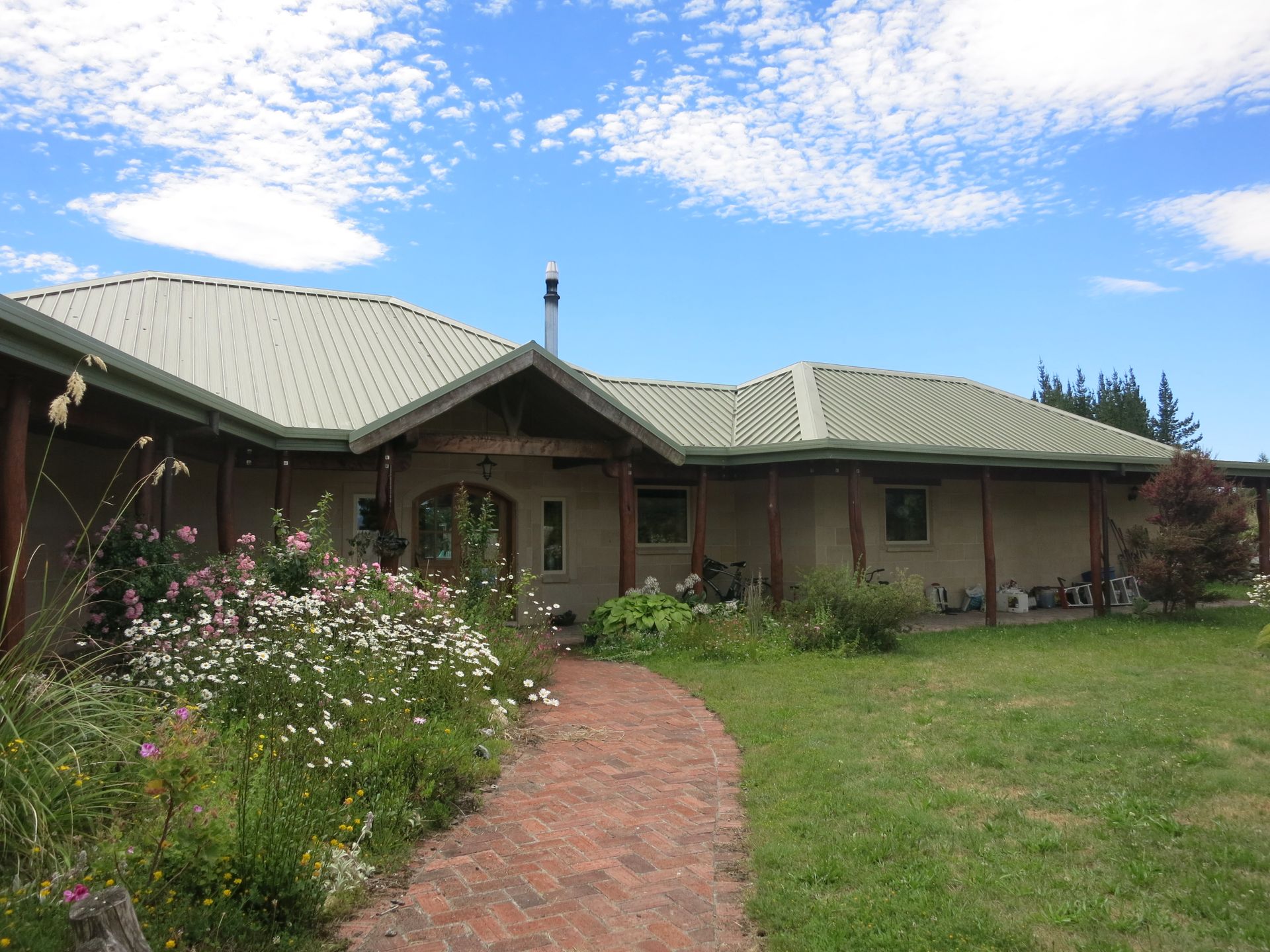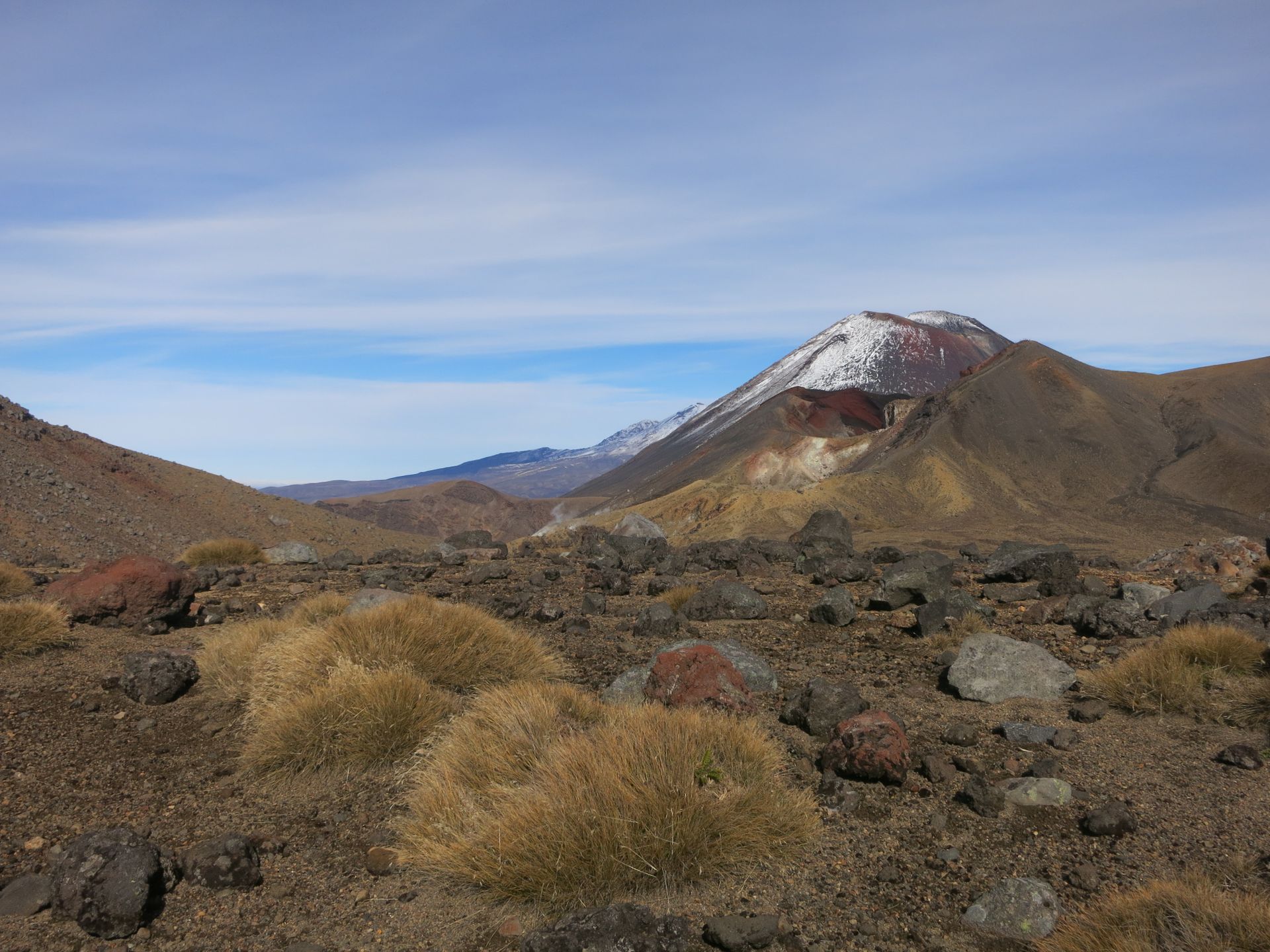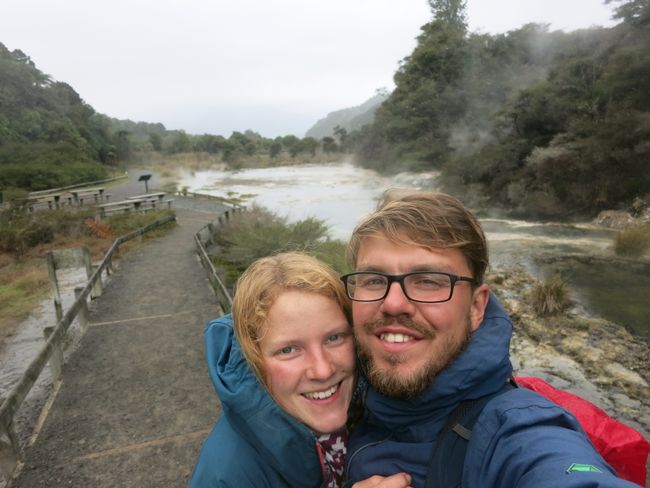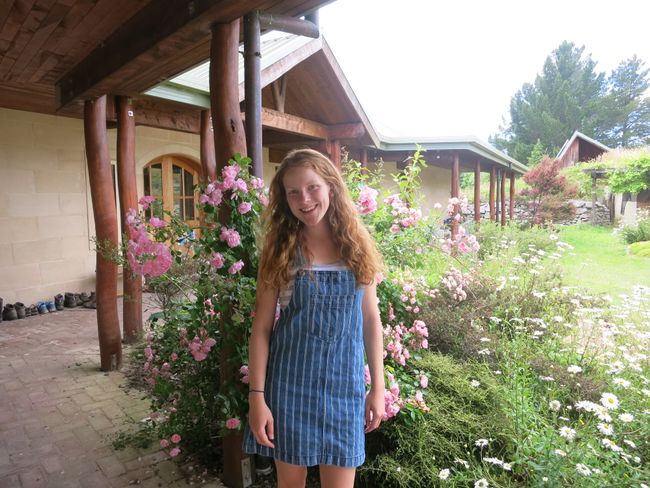The Hippie Dream #1
Ebifulumiziddwa: 12.01.2019
Wewandiise ku lupapula lw'amawulire
We are back from our summer winter break. Finally, you get some new reading material. We can't bring you completely up to date yet, because many experiences from our last Wwoof host in December are also missing!
Let's travel back to the year 2018. From December 3rd to 17th, we lived with our fourth Wwoof family, a retired professor couple from Canada. They founded and live in a so-called community, a collective of several properties and families. The goal of this community is to be able to live self-organized and independent of society. This means that everyone in the community contributes something, from self-grown fruits and vegetables to eggs and fresh milk - all produced by themselves. They follow the concept of 'permaculture', the realization of permanently functioning sustainable and nature-oriented cycles. This includes giving back to nature everything that is taken from it, for example, spraying the fruit trees with seaweed-mineralized concentrate. The concentrate is sprayed on the leaves, which are strengthened by the minerals and promote better fruit growth. The background is that rain washes many minerals from the soil into the sea, which algae absorb particularly well and are used for the concentrate. The minerals that the tree would normally absorb from the soil are returned to the cycle through the leaves of the tree. The house where the professors have lived for over 10 years was also built according to this concept. For example, the house was expanded in certain directions to store heat in winter and to achieve the best possible cooling in summer. In such a detached, independent system, it was also important not to be connected to the power grid and water supply. Electricity was generated using solar panels. But if the energy is not sufficient on dark days, a diesel engine could be used as an additional source. Surprisingly, this was a particularly old model. Mr. S.B. explained that it is easier to find and finance spare parts for an old engine. Any old car or similar could serve as a spare parts warehouse. And you can find all the parts in very close proximity. Following the motto, the less electronics, the better. The water supply consisted solely of rainwater, which was stored in several tanks and a pond. A simple filter ensures fresh drinking water. Other self-sufficient methods included an outhouse, a wood-burning stove + oven, and a food cave reminiscent of hobbit holes. We were very impressed and fascinated by this way of life, which we learned more about during conversations and on the Internet.

As you would expect from a retired professor couple, they were still very curious and eager to learn. They spent hours reading, researching, and discussing. The endless selection of various books supported this. They not only participated in the community's projects but also actively engaged in peace and environmental movements. To illustrate their global political interest, we were asked during breakfast what we thought of AKK, just ten hours after she won the election for CDU chairperson.
The couple were as warm and hospitable as you could wish for. We enjoyed the vegetarian food, which surprisingly was not difficult for Tim, the daily dessert after dinner, Caro felt like in paradise, and the funny stories from their lives. The latter were often interrupted by the hunt for cute rabbits that helped themselves to their cultivated salad every evening. But don't worry, no guns were used by these activists, just clapping hands. As you can imagine, that didn't stop the rabbits from going on their raid, and like in Groundhog Day, we were highly amused by every attempt to be angry at the cute little animals.

The daily interaction was at a high level and also helped us improve our language skills. Increasingly, we both also conversed in English. In the next part, we will tell you more about our work, report on Abel Tasman, and the most memorable moments. This may reveal some bare facts ...
Wewandiise ku lupapula lw'amawulire
Okuddamu

Lipoota z'entambula New Zealand mu ggwanga lya New Zealand


